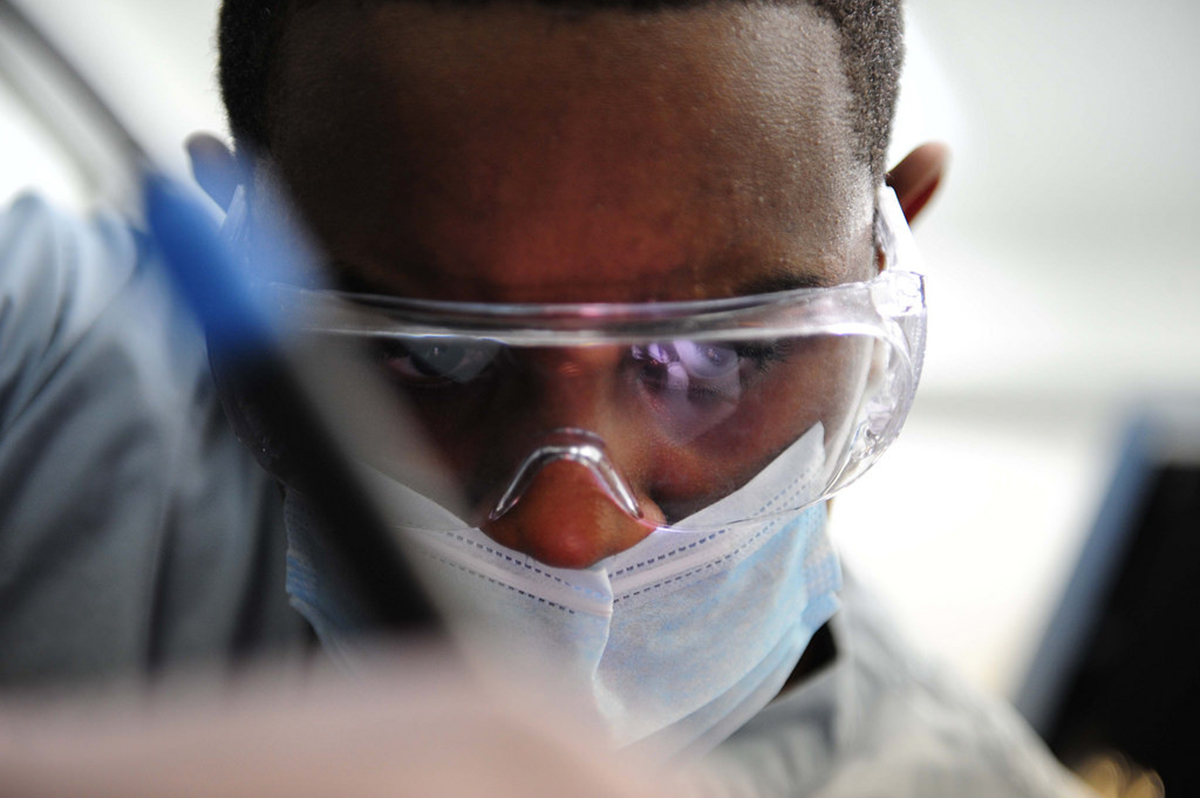Table of Contents
Breast surgeons will provide post-operative care for their hospital patients on a daily basis in the wards, and they will be managed until they are ready to be discharged home. General and nurse practitioners refer patients to these specialists, but they are also consulted by other specialists requiring an opinion regarding a patient's breast condition.
The breast surgeon's office will be based in the hospital so that they have faster access to their patients in the case of an emergency, and so that they can get to the casualty department to consult with patients that need an opinion there.

The breast surgeon provides on call services for the hospital they work at during after hours and weekends. Breast conditions are almost never emergency surgical cases unless the patient presents at these times with a severe painful breast mass or abscess that requires urgent draining. These specialists would therefore be on call to provide medical help for any other general surgical case since they do possess the required training experience.
Monday
This is usually an administrative day where the specialist will deal with confirming and attending meetings with hospital staff, management and surgical representatives.
The breast surgeon will then begin consulting with patients once these aspects have been dealt with. The patients will be managed conservatively, sent for further investigations, admitted to the ward for further therapy or be scheduled for elective surgery at a later date.
Tuesday
The breast surgeon will spend this day operating in theatre. The procedures that will be performed are usually complex and time consuming ones that include mastectomies (they can be single or double, with or without the removal of lymph nodes) and breast-conserving surgery (a less radical alternative to a mastectomy in patients where breast tissue is attempted to be saved).
Other surgeries that are performed by these specialists include lumpectomy (removal of breast lumps), fibroadenectomy (removal of a benign fibroadenoma), breast abscess incision and drainage and microdochectomy (removal of a lactiferous duct).
READ A Trauma Surgeon's Daily Schedule
Wednesday
The breast surgeon will perform surgery during the morning and the afternoon will be used for filling in of motivations for surgeries to medical insurance companies, or performing research for their own academic purposes.
The specialist will also be attending a breast surgery-oncology multidisciplinary meeting to discuss treatment protocols with oncologists regarding patients with malignant breast cancers.
Thursday
The specialist will be performing surgery in theatre during the morning and the afternoon may be reserved for the training of undergraduate medical students and postgraduate residents in general and breast surgery.
Friday
The breast specialist will consult with patients in the morning and then finalise any unresolved administrative issues in the afternoon.
Once all patients have been seen and the specialist has confirmed their surgical list for the following week, then the current work week can be concluded.
- en.wikipedia.org/wiki/Breast_surgery
- en.wikipedia.org/wiki/Breast_disease
- Photo courtesy of Shutterstock.com
- Photo courtesy of usstheodoreroosevelt: www.flickr.com/photos/usstheodoreroosevelt/10812487743/


Your thoughts on this